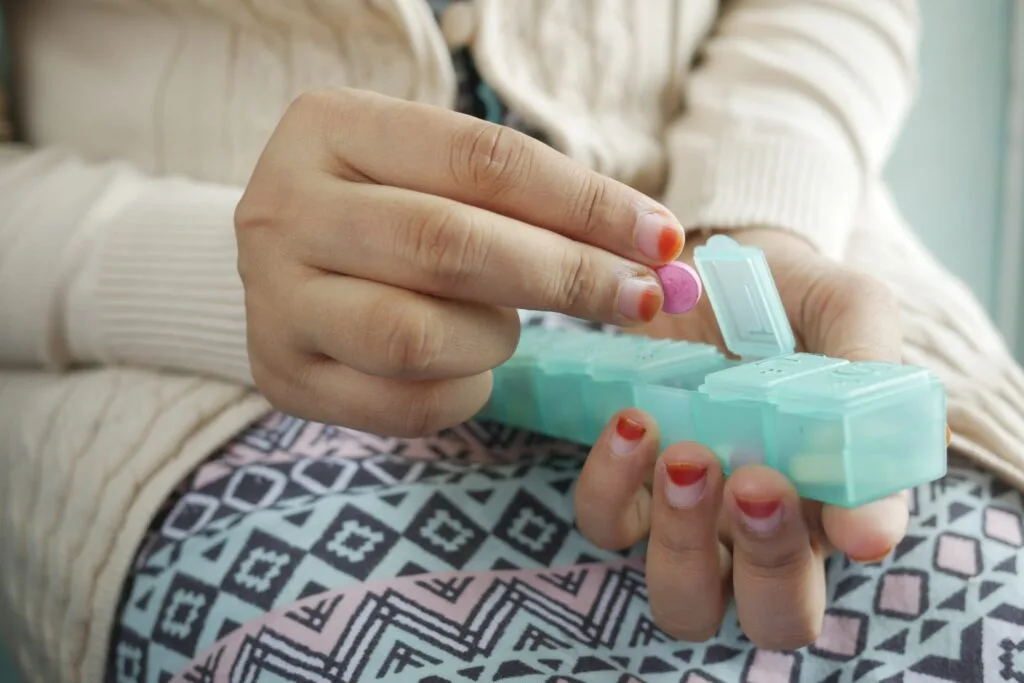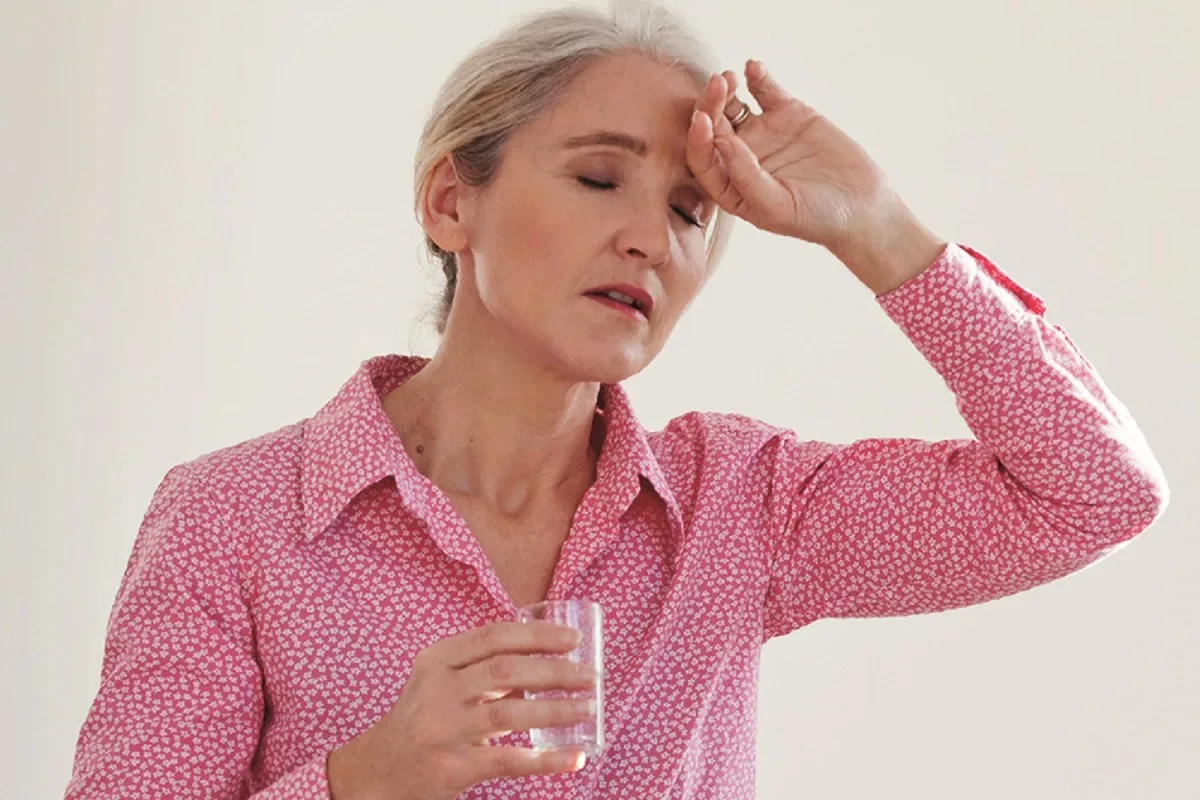It is widely believed that taking birth control pills literally stops a woman’s reproductive system - at this time the body does not consume eggs and, as a result, reproductive age is extended. We decided to check whether this judgment is justified.
Countsthat when taking hormonal contraception, the ovaries women literally resting, which means they can fulfill functions longer. Medical clinicswho specialize in treatment infertility and female health, they write on their websites that oral contraceptives (OK) save eggs, thereby prolonging a woman’s reproductive age. Doctors report, that “it was the active use of OCs that led to the fact that over the past 20 years, the average age of menopause in women has increased from 45 years to 55 years.” Among the advice published in the media on how to delay menopause is also: mentioned taking OCs, as they “prevent the maturation of eggs, thereby maintaining the ovarian reserve.”
Menopause, or menopause, is natural stage the life cycle of a woman, with the onset of which reproductive age ends. This period determined as one year after the last menstruation. According to WHO statistics, the age of natural menopause is usually between 45 and 55 years. However, for some women this stage Maybe begin earlier, including around age 30, due to hereditary factors, as well as chromosomal diseases. Also, premature onset of menopause occurs after removal of the ovaries and/or uterus, chemotherapy or radiation therapy of the pelvic organs for cancer.
Natural menopause comes, when with age the ovaries' response to hormones weakens and their follicular function fades, that is, they stop releasing eggs. Moreover, all eggs are laid even before birth: by the fifth month, a female fetus has about 7 million eggs, by the time of birth, 1–2 million of them remain, and by the time of puberty - only 300 thousand. However, there are more than enough of them - during the entire period of fertility in a woman, only about 400 eggs mature, with 30–35 unripe die daily.
Unspent germ cells gradually degenerate, the rate of their degradation accelerates 10–15 years before the onset of menopause, and within a year after the last menstruation, all remaining cells undergo this process. In other words, no matter how many of them are in stock at this moment, they cannot delay the onset of menopause. Therefore, trying to preserve eggs by taking OK is pointless.

Moreover, such tablets are unable to do this. Before the egg matures located in a dormant state inside the follicle - a kind of “house” on the surface of the ovary. Each cycle, several follicles increase in size and begin to prepare for the release of the egg. Under the influence of follicle-stimulating hormone, which is produced in the pituitary gland, they develop, and then one takes on the role of dominant and, reaching the preovulatory stage, releases the egg. The remaining follicles degenerate and are destroyed along with the eggs they contain. OK do not prolong the dormant state of the follicle, even when taking pills they are developing And die. Instead, under the influence of the synthetic hormones contained in the drugs, they either make it difficult for sperm to penetrate the uterus, thickening the cervical mucus, or prevent the release of the egg from the follicle. There are also contraceptives that combine both of these mechanisms in their action.
At the same time, taking OK stabilizes the cycle, and therefore the woman using them Maybe Missing one of the first signs of menopause is irregular menstruation. Moreover, when taking such pills, bleeding may continue even after menopause (diagnosed in this case by a blood test), since synthetic hormones continue to enter the body. Therefore, a woman may have the feeling that menopause began later or has not yet arrived. Besides the reception is OK Maybe reduce the severity of symptoms that accompany this stage, such as hot flashes (feelings of intense heat) and night sweats, which also masks the onset of menopause.
Thus, taking OCs does not preserve eggs; they, along with the follicles containing them, are consumed at a normal pace, simply without leaving the follicle itself, which makes conception impossible. Moreover, preserved eggs themselves do not stop menopause; this process depends on the sensitivity of the ovaries to hormones. Women enter menopause with a remaining supply of eggs, which degenerate and die after the menstrual cycle has stopped. However, taking hormonal contraception reduces the symptoms of approaching menopause, so women may have the impression that it has come later.
Cover image: NorthEast Now
Read on the topic:
If you find a spelling or grammatical error, please let us know by highlighting the error text and clicking Ctrl+Enter.






